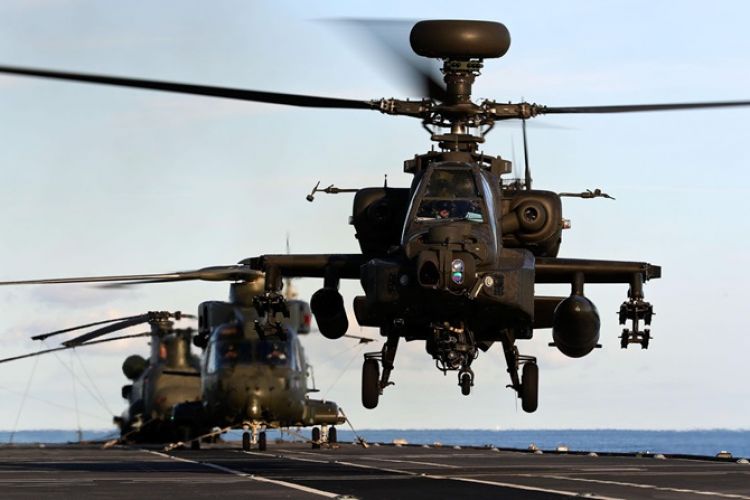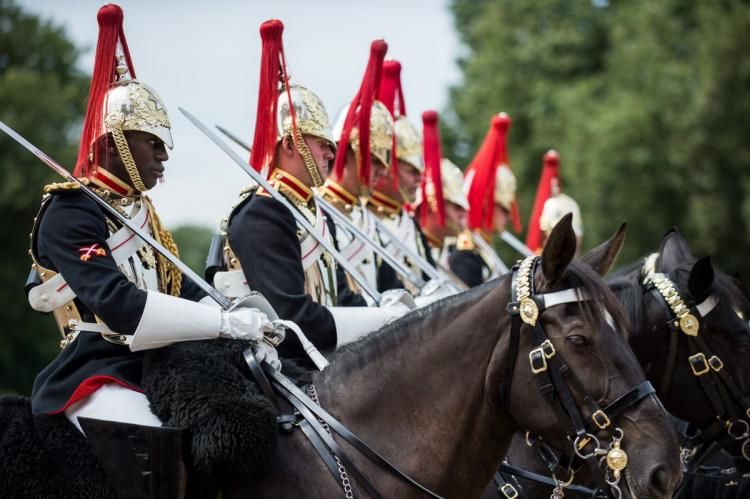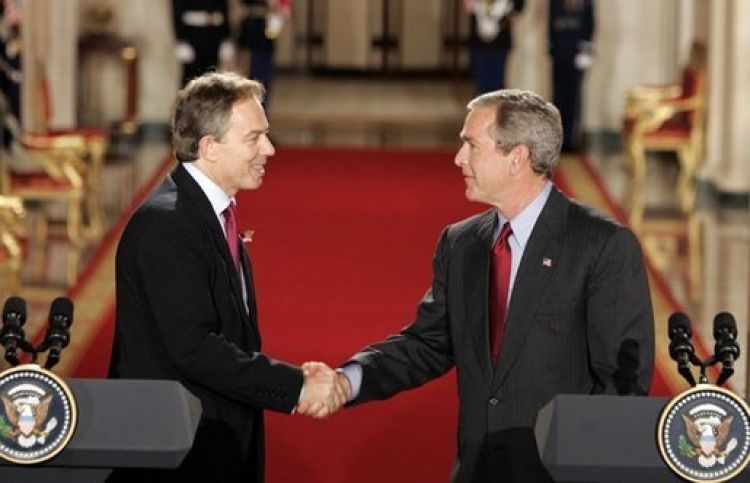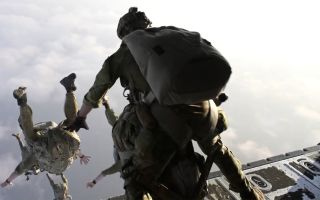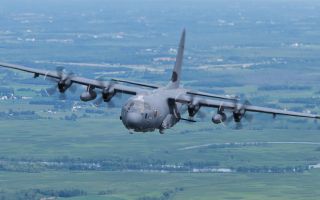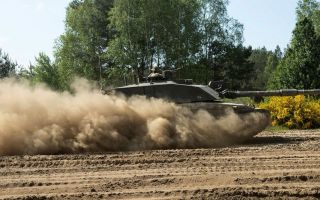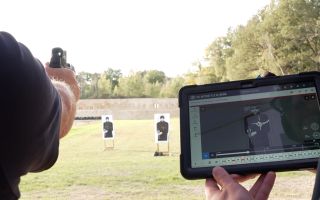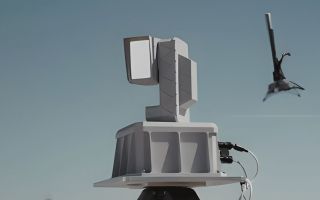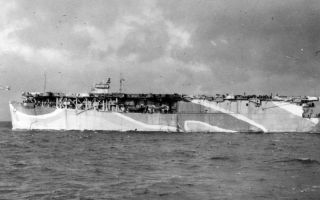
The Army In 2016

2016 has been an eventful year for the British Army, with Ministry of Defence cuts, a major restructuring of its regiments, announcements on deployments and, of course, the infamous Chilcot inquiry.
Here's a round-up of some of the key events in the Army's 2016 calendar:
MoD Cuts
2016 was the year in which the MoD announced that 91 of its military sites would be disposed of by 2040. It says the move will provide £140 million of savings in running costs over the next decade, rising to nearly £3 billion by 2040, which it says will be reinvested in defence.
MORE - MoD Cuts: The RAF
An extensive list of the sites set to be closed can be found here.
Baltic Deployment Announced
The year also saw Defence Secretary Michael Fallon announce the long-term deployment of British troops to the Baltic states.
The move is intended to reassure those eastern European countries bordering Russia about NATO's role and will take place in Poland, Latvia, Lithuania and Estonia.
MORE - Exclusive: Meet The People Protecting Baltic Airspace In Estonia
Mr Fallon has claimed that the "company-sized" deployment will be integral to a new NATO training evaluation, saying:
"That is part of our more persistent presence on the eastern side of NATO to respond to any further Russian provocation and aggression."
The move comes amid heightened concern over the actions of Russia in Syria and eastern Ukraine.
With Russian fighter jets and warships now directly involved in the Syrian conflict there has been a rapid escalation in the crisis and a further deterioration in relations between Moscow and NATO.
Speaking on the matter, the former boss of MI6, Sir John Sawers, said there is a need for a summit amid a real threat of miscalculation from President Vladimir Putin.
Major Army Restructure
On top of this major deployment, an extensive restructure of the Army has been announced, that will see a number of regiments move from their current homes to create new, specialist units.
The Household Cavalry will leave Combermere Barracks in Windsor to join a new strike brigade operating out of Catterick and Salisbury Plain, based around the new Ajax armoured vehicle. The move is set to take place by 2020.
MORE - Fort George: A History
They will be replaced in Windsor by the 1st Battalion Welsh Guards.
The Royal Scots Borderers (1 SCOTS) is also set to leave its current base in Belfast and move to Aldershot by 2019, as part of new specialised infantry battalions.
A number of RLC and REME engineer units will also be reallocated to support the new strike brigades.
MORE - Where To Home Scotland's Baseless Troops
The new strike brigades will be based on the new AJAX lighter armoured vehicles. It'll be made up of the Household Cavalry Regiment, the King’s Royal Hussars, the 1st Battalion Scots Guards and The Highlanders, 4th Battalion The Royal Regiment of Scotland.
In addition to this, two new specialised infantry battalions will be created.
Two further infantry battalions, the 2nd Battalion The Princess of Wales's Royal Regiment and the 2nd Battalion The Duke of Lancaster's Regiment, will join the group at Aldershot by 2020.
The Army says the move will allow the Army to deploy a division of three brigades in a time of crisis.
MORE - Regiments To Relocate In Major Army Restructure
A new reserve explosive ordnance disposal (EOD) regiment will also be created.
The Chilcot Report
Perhaps the most controversial story involving the British Army in 2016 is the Chilcot enquiry.
Thirteen years after British troops crossed into Iraq, Sir John Chilcot has delivered a scathing verdict on the UK's most controversial military engagement of the post-war era.
The enquiry, which took seven years to complete, labelled the preparation for Iraq after Saddam Hussein as "wholly inadequate."
MORE - Comment: Iraq, Chilcot, IS - Why Blair Is Still On The Run
The Chilcot Report’s key points are:
- "We have concluded that the UK chose to join the invasion of Iraq before the peaceful options for disarmament had been exhausted. Military action at that time was not a last resort."
- "The judgements about the severity of the threat posed by Iraq's weapons of mass destruction – WMD – were presented with a certainty that was not justified.
- "Despite explicit warnings, the consequences of the invasion were underestimated. The planning and preparations for Iraq after Saddam Hussein were wholly inadequate.
- "The government failed to achieve its stated objectives."
You can read a full summary of the report's findings here.
MORE - The Chilcot Inquiry Timeline
